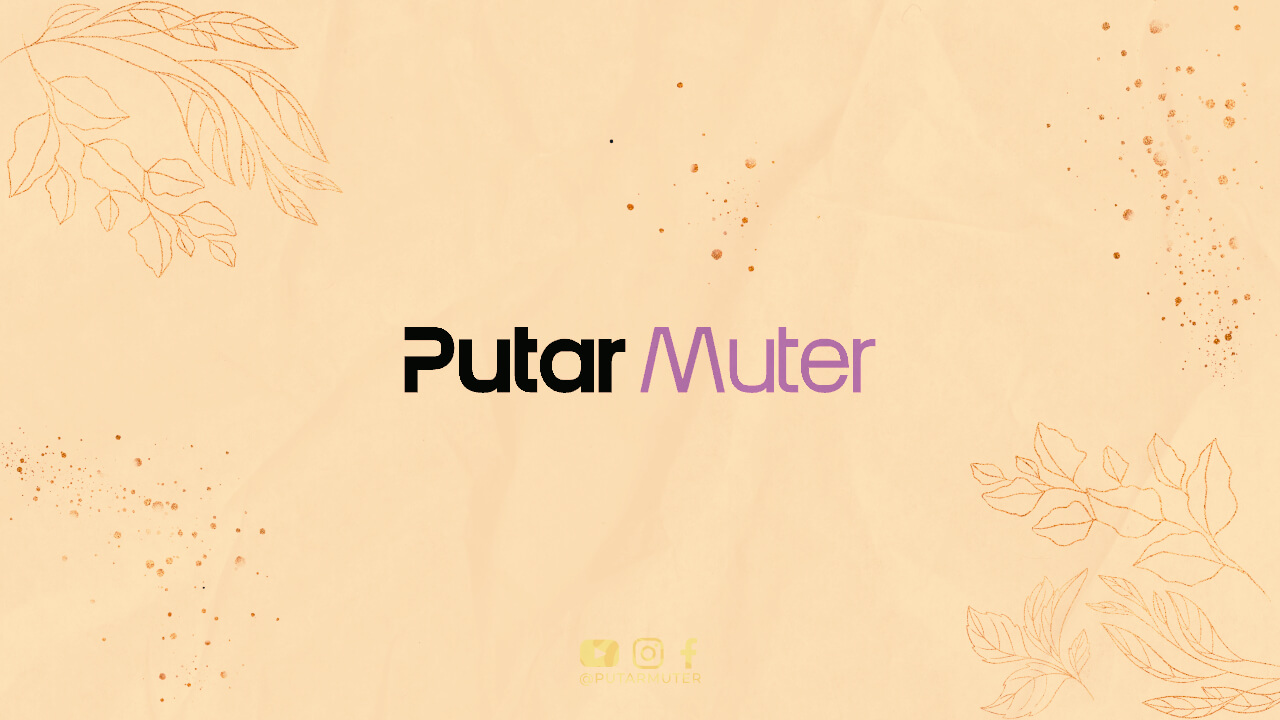When it comes to pursuing a career in digital marketing, one common question that often arises is, “What degree do you need?” While there is no one-size-fits-all answer to this question, having a relevant degree can certainly give you an edge in this competitive field. In this article, we will explore various degree options and discuss their relevance in the world of digital marketing.
1. Marketing Degree
A degree in marketing is an obvious choice for anyone looking to excel in digital marketing. This degree equips you with a solid foundation in marketing principles, consumer behavior, market research, and advertising techniques. With the rise of digital marketing, many marketing programs now include courses specifically focused on digital strategies, such as social media marketing, search engine optimization (SEO), and content marketing.
However, it’s worth mentioning that a marketing degree alone might not be enough to make you a digital marketing expert. The field is constantly evolving, and staying up-to-date with the latest trends and technologies is crucial.
2. Communications or Journalism Degree
A degree in communications or journalism can also be highly beneficial for a career in digital marketing. These degrees teach you effective communication skills, which are essential in conveying messages to target audiences through various digital channels.
Furthermore, a communications or journalism degree can help you develop strong writing and storytelling abilities. These skills are vital in creating compelling content for digital platforms, such as blog posts, social media updates, and email campaigns, which are key components of any successful digital marketing strategy.
3. Business or Management Degree
Another degree option to consider for a career in digital marketing is a business or management degree. These degrees provide you with a broader understanding of how organizations function, including aspects like finance, operations, and strategy.
Having a business or management degree can be advantageous when working in digital marketing, especially if you aim to climb the corporate ladder or eventually start your own digital marketing agency. The knowledge gained through these degrees can help you make informed decisions, understand the financial implications of marketing campaigns, and effectively manage teams and projects.
4. Computer Science or Information Technology Degree
While not as common as the previously mentioned degrees, a degree in computer science or information technology can give you a unique advantage in the digital marketing field. In today’s digital landscape, technical skills are highly sought after.
A computer science or information technology degree equips you with knowledge of programming languages, web development, data analysis, and other technical areas. These skills can be incredibly valuable when it comes to implementing and optimizing digital marketing strategies, managing websites or e-commerce platforms, and leveraging data-driven insights to drive growth.
5. Digital Marketing Certifications and Courses
While a degree can provide a solid foundation, it’s important to note that digital marketing is a field where hands-on experience and staying updated with the latest industry trends play a significant role. In addition to pursuing a degree, consider obtaining relevant certifications and taking specialized courses.
There are numerous online platforms, such as Google Digital Garage, HubSpot Academy, and Udemy, that offer digital marketing courses and certifications. These programs cover various aspects of digital marketing, including SEO, social media marketing, pay-per-click advertising, and analytics. Obtaining certifications from these reputable platforms can enhance your credibility and showcase your dedication to continuous learning.
Conclusion
While there is no specific degree that guarantees success in digital marketing, having a relevant educational background can undoubtedly boost your career prospects. Whether you choose a marketing, communications, business, computer science, or information technology degree, remember that staying updated with industry trends and gaining practical experience are equally important. By combining a degree with certifications and continuous learning, you can position yourself as a well-rounded digital marketing professional ready to tackle the challenges of this ever-evolving field.

